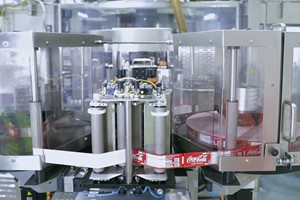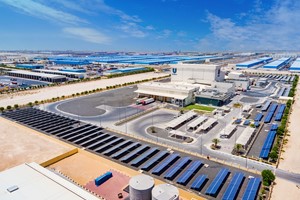In recent months, a discernible uptrend in coffee prices has permeated the global market, raising concerns and prompting industry observers to examine the intricate web of factors influencing this phenomenon. This article seeks to provide a nuanced exploration of the reasons behind the escalating coffee prices, shedding light on the complexities affecting both the producers and consumers in this ever-evolving landscape.
Climate Change and Weather Volatility
At the forefront of the surge in coffee prices is the undeniable impact of climate change on coffee-producing regions. Erratic weather patterns, characterized by extreme rainfall, prolonged droughts, and elevated temperatures, have wreaked havoc on coffee crops. The resultant decline in yields and occasional total harvest losses have significantly diminished the global coffee supply.
Pandemic-Induced Supply Chain Disruptions
Despite the fact the pandemic started over 4 years ago, and its effects are waning, the ramifications of lockdown are still present. From shipping, to harvest and costs, the pandemic still has its own black mark on the coffee supply chain.
The global coffee industry is grappling with multifaceted challenges stemming from the COVID-19 pandemic. Port congestion, fueled by pandemic-induced labor shortages and surging cargo volumes, is causing significant delays in coffee shipments and driving up shipping costs. Concurrently, labor shortages on coffee farms and in processing facilities, exacerbated by illness, travel restrictions, and job competition, disrupt the entire supply chain from harvesting to distribution. Unreliable air cargo availability and disruptions in land transportation networks further compound logistical challenges. The escalating transportation costs, inflationary pressures on essential inputs like fertilizers and pesticides, and a shortage of investments in production infrastructure due to economic uncertainty are straining the budgets of coffee farmers. Shifting consumer habits, such as increased home consumption and a growing preference for online ordering, are reshaping demand patterns, impacting retail distribution channels, and creating opportunities and challenges for industry players. Additionally, heightened consumer awareness of social and environmental issues is driving a surge in demand for ethically sourced and sustainable coffee, prompting producers and roasters to adapt their practices and sourcing strategies.
Escalating Production Costs
The intricate process of coffee production involves a myriad of expenses, including labor, fertilizers, and equipment. As living costs rise and demands for fair wages gain momentum, the expenditure associated with coffee cultivation and processing has ascended. The inevitable outcome is the transfer of these rising production costs to consumers, further amplifying the overall escalation of coffee prices.
The ongoing war in Ukraine has disrupted the production of key fertilizer ingredients like potash and phosphates, leading to a drastic increase in fertilizer prices. Export restrictions imposed by major fertilizer producers such as Russia and China have further tightened global markets. This, coupled with the growing worldwide demand for food, has made fertilizers more expensive, affecting coffee farmers globally. For instance, in Vietnam, a major Robusta producer, fertilizer costs surged by over 80% in 2023, compelling some farmers to reduce fertilizer use, potentially impacting future yields. Additionally, transportation costs have escalated due to the global rise in fuel prices, container shortages, and port congestion. The cost of shipping a container of coffee beans from Brazil to the United States doubled in 2023 compared to pre-pandemic levels. Moreover, labor costs have increased with minimum wage hikes and competition for skilled agricultural labor, particularly in countries like Colombia where labor costs for coffee farmers have risen by over 15% in the past two years. These combined factors pose challenges to the coffee supply chain, potentially leading to higher prices for coffee consumers worldwide.
foodHQ Staff














